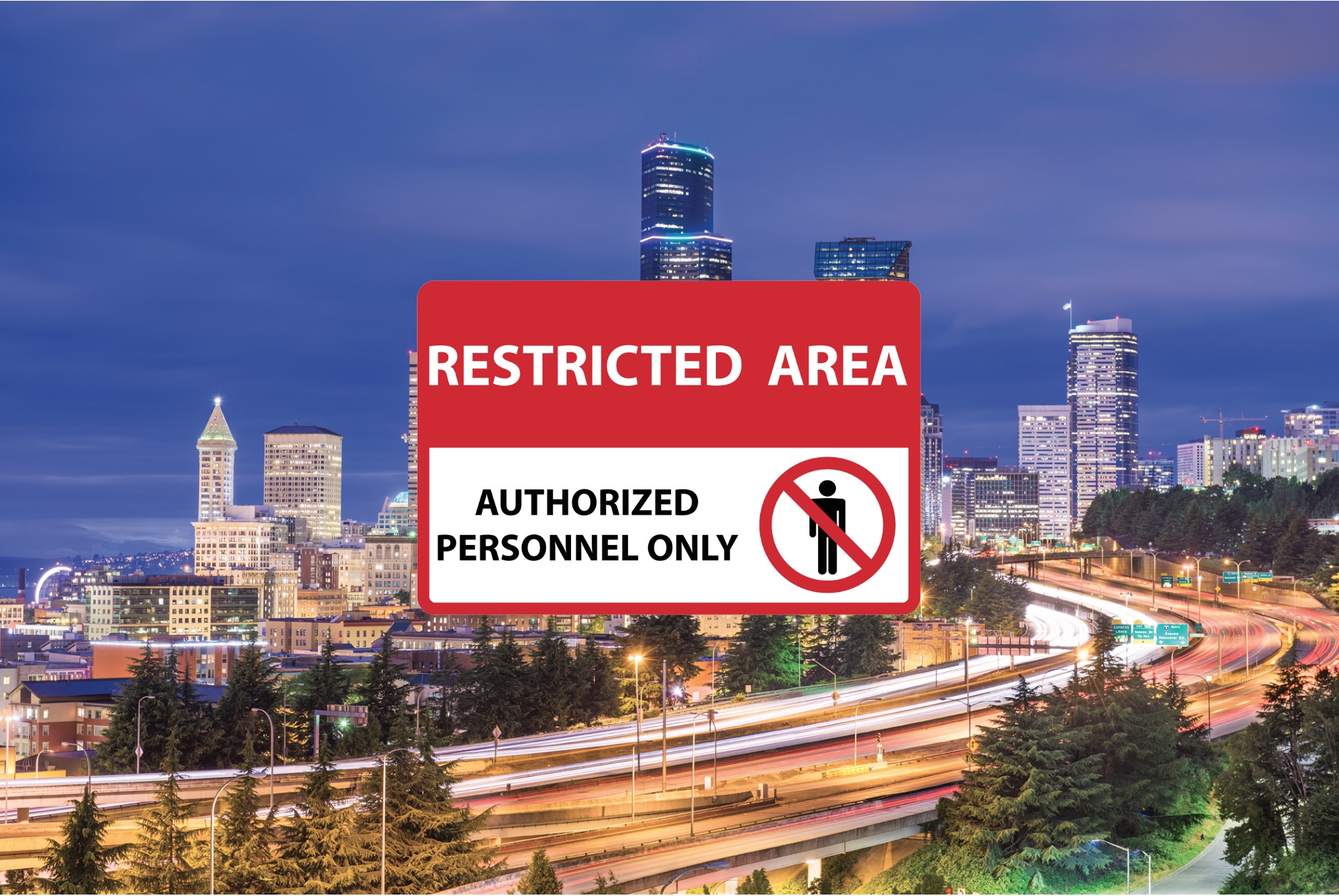Editors note: Highway Robbery is an ongoing series devoted to exposing the abuse of our state transportation system and how it is funded.
The City of Seattle has released a summary of its congestion pricing study, which reviews ways city officials can impose additional financial burdens on people trying to access work in downtown. City officials have identified various pricing tools, including the Road Usage Charge.
The Washington State Transportation Commission just completed its Road Usage Charge pilot program, which we both participated in and with which we found glaring enforcement and privacy problems.
The Commission has consistently promoted the RUC as a user fee and replacement for the gas tax. But, as WPC has been saying since 2017, a major policy concern lies with the many political interests in Washington that seek to leverage the RUC as a general mileage tax – enabling officials to spend the money on what they feel is best for the public, without the restrictions of the 18th Amendment to the state constitution, which limits using gas taxes for roads.
Like Sound Transit officials, Seattle DOT’s leaders make this point abundantly clear.
In the report, they state that a RUC could be used to restrict access to only those drivers enrolled in the RUC program, which they describe as a per-mile charge that could vary by time of day and/or location.
In other words, you may not be able to drive on roads your tax dollars have paid for, unless you sign up for a program that not only tracks and potentially grades your driving, but could divert the money you pay to a transportation slush fund that pays for political priorities, rather than transportation improvements.

In their report, Seattle DOT also echoes what we have been saying for two years – that despite what public officials promise the RUC would look like as a policy, “it would be relatively easy to tailor a road usage charge to achieve specific outcomes.”
A RUC that is punitive and restrictive, the way Seattle DOT officials envision, is not just a gas tax replacement, and transportation officials should stop pretending it is. Rather than burying their intentions in reports, they should be more open about how they wish to leverage a mileage tax for other purposes.
This is precisely why we believe a true mileage-based user fee that solely funds the preservation, maintenance and expansion of roads is unlikely to see the light of day in Washington state.
We will continue to track the developing proposals for Seattle’s congestion pricing scheme and the state’s Road Usage Charge. It will be interesting to see how transportation officials sell the Road Usage Charge as a fair user-pays mechanism, while also seeking to restrict movement, take more money for transit, and achieve social objectives.






